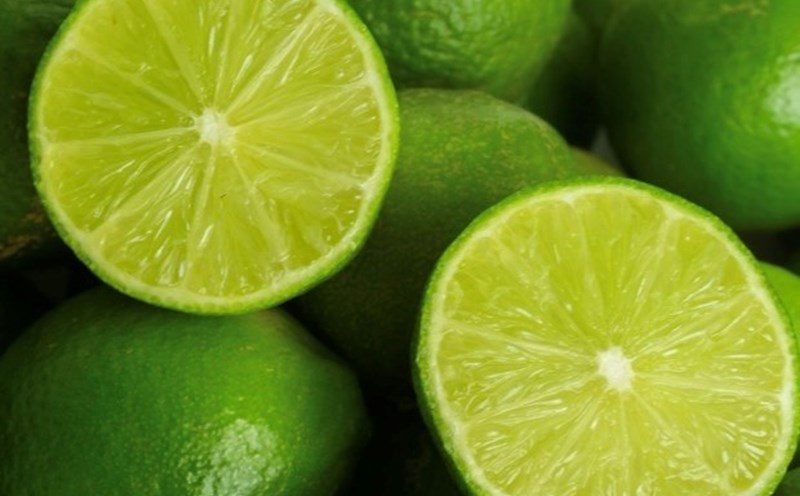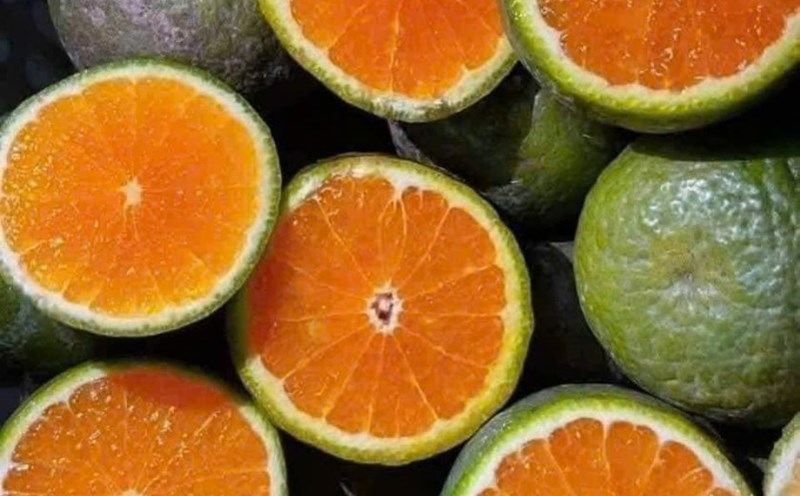Here are vegetables that are recognized for their effects in supporting liver detoxification.
Kale
Kale contains sulforaphane, a plant compound that can activate the liver's phase II detoxification enzym as glutathione S-transferase (GST).
These enzymes help the liver neutralize and eliminate water-soluble toxins, heavy metals, and carcinogens.
Those who supplemented kale for 8 weeks had a significant reduction in liver inflammation indicators and increased the activity of GST enzymes. Kale also contains chlorophyll and fiber, which help clean the digestive tract, which is high in toxins.
Fish lettuce
Lettuce and fish is a popular raw vegetable in Asian cuisine. Fish sauce contains decanoyl acetaldehyde and quercetin, which have strong antibacterial, anti-inflammatory and selective secretion effects.
In Japan, a study of 150 people with mild to moderate liver enzymes showed that drinking 300ml/day fish lettuce juice for 4 weeks reduced ALT and AST by an average of 20-25%.
Lettuce also has a diuretic effect, helping the kidneys excrete toxins through urine, a mechanism to indirectly support the liver.
Gotu kola
A study in India on a liver model with paracetamol poisoning showed that pennywort extract helps restore more than 70% of liver structure after 14 days of treatment, thanks to reducing peroxid lipid and increasing glutathione synthesis, the liver's main detoxification enzyme.
Spinach
Spinach is famous for its nutritional studies on liver support and anti-inflammatory properties.
Vitamins necessary for methyl hoa in the liver, help convert toxins into easily eliminated forms.
Chlorophyll in spinach also has the ability to bind to aflatoxin - a mold poison that can cause liver cancer, thereby helping to reduce absorption and increase excretion through stool.
Spinach also helps provide magnesium - a mineral necessary for liver cell function.
Bitter melon (suffer)
Bitter melon is not only a traditional food but has also been shown to have a liver-protective effect.
Bitter melon contains charantin and momordicin, two active ingredients that help reduce blood lipids, prevent fat accumulation in the liver and improve liver function in metabolic syndrome.
People with non-alcoholic fatty liver disease (NAFLD) show that bitter melon extract helps reduce liver enzymes ALT, AST and improve the image of liver ultrasound after 12 consecutive weeks of use.











